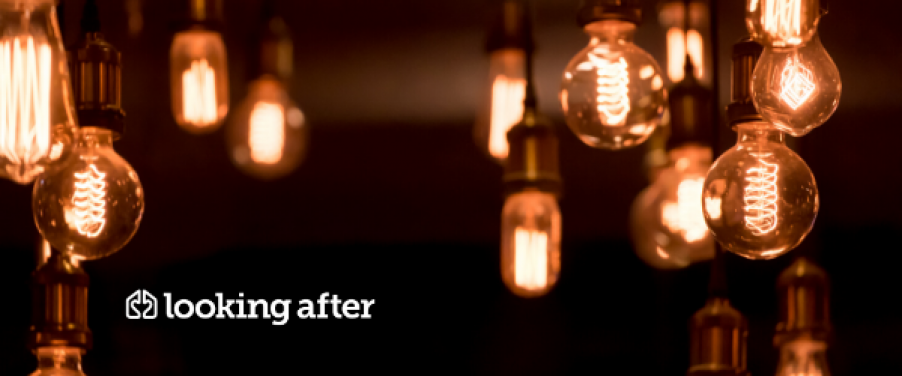The Home and Lighting
Dementia patients need to have good lighting within the home to be able to see clearly. This is something that becomes more of a requirement in older age but is particularly important in dementia patients. Dementia patients need good lighting to help them to understand the space that they are in and work out where they want to go. Shadows and low lighting can be very frightening for a dementia patient, particularly if it makes it more difficult for them to understand where exactly they are. This can all play on anxiety levels and build into difficult dementia behaviours.
Lighting is also important for dementia patients to be able to see people’s faces clearly and to be able to interpret any activity that they wish to carry out.
Points to consider
While considering lighting it is important to reduce glare from lights, so they should not be too bright, but bright enough to be able to see clearly. The light should be clear enough to identify furniture, rooms and possible trip hazards, while minimising the effect of low lighting and shadows.
If you think about the way in which the brain interprets signals from the optic nerve, a dementia patient will have a harder time interpreting what it is that the eye is seeing and therefore the more obvious and clear it is, the better the response to it.
Spotlights can make facial features appear sharper and warmer lighting is better as it creates a warm feeling, rather than sharp and bright lighting (as long as it is clear enough for someone to see properly).
Types of lighting
Think about having lighting sensors added to parts of the house that might be used in the night time to navigate to a bathroom for example. The installation of light sensors will automatically illuminate the area, reducing the risk of trips, falls or disorientation.
Take a look in the home and consider if there is enough lighting around. The ideal is to have central ceiling lights, wall lights, as well as some floor lights. More lighting is better than not enough, as you can always leave lights off. As noted above, bright lights can increase glare and make things look sharper. Try to reduce any lights that have a glare and consider any surfaces that might reflect light from them.
Think about any floor or wall tiles. Do these consist of gloss or shiny tiles? If so, these items can reflect light and will make it more difficult for the eyes to interpret what they are seeing and can be disorientating for the dementia patient. Consider installing blinds to help to control the amount of light that enters a room from outside, if it is a particularly sunny space, with very reflective materials. This will help to reduce glare or reflection. However, remember that sunlight is also important, so don’t block this out from all of the rooms in the house.
Areas to concentrate on
Lighting is very important in stairwells and bathrooms/toilet areas. The route to bathrooms and ensuites should be looked at, to make sure that lighting is adequate at nighttime also.
Summary
If a dementia patient is unable to see clearly, then they are more at risk of becoming confused within their surroundings. Try and think about how you would feel if you were constantly struggling to understand what you were looking at, or trying to work out where you were. This is not only tiring but can also confuse them. This puts them at risk of increased agitation and anxiety, which in turn can lead to behaviours such as wandering.







